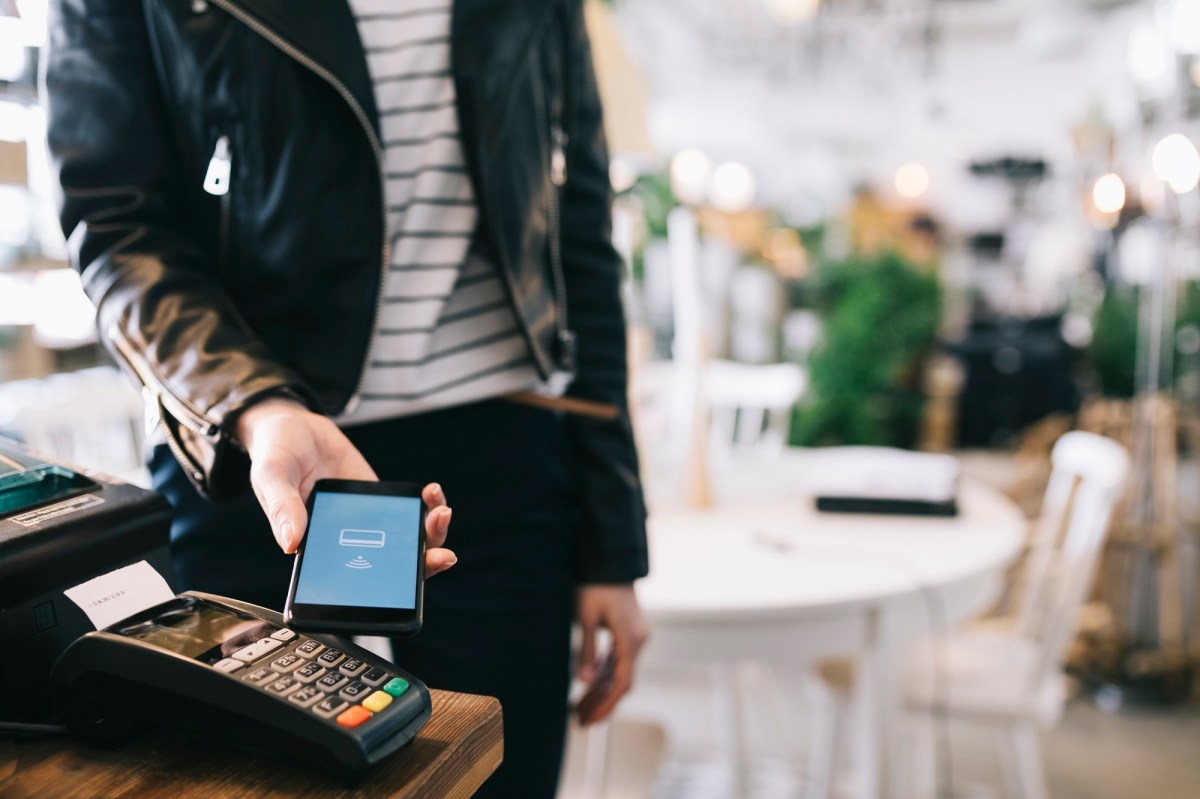The 13th annual Zebra Technologies Global Shopper Study has analysed the behaviour of shoppers, retail associates and retail executives, while examining the retail and technology trends impacting purchasing behaviour both in-store and online.
In the Asia Pacific region, 70% of shoppers prefer direct delivery versus store pickup and 65% will prefer to shop at retailers with contactless payment options. Further, there has been a dramatic increase in the need for convenience and efficiency with mobile ordering experiencing growth.
Almost three-quarters (72%) of shoppers used mobile ordering and 82% of those shoppers are highly likely to continue using it. Millennials (88%) and Gen X (79%) shoppers were the primary users but nearly half of Boomers (47%) used it too, and 74% of them are likely to continue using it in the future.
Zebra’s annual study found shoppers expect a seamless experience between stores and online and are increasingly placing orders online because of desired product availability, with nearly 60% placing an order in the last three months.
With more than one-fifth of shoppers returning an item purchased online, 57% of store associates are feeling significantly challenged by these returns. Out-of-stocks also remain a challenge and is the top reason for 41% of shoppers leaving stores without a purchase, followed by long checkout lines (32%) and an inability to find items (31%).
Approximately half (47%) of surveyed shoppers have interacted with self-checkouts in the last six months and more than six-in-10 (63%) shoppers agree self-checkout solutions provide an improved customer experience.
Meanwhile, 86% of retail decision-makers and 71% of store associates agree self-checkouts improve the customer experience. Almost nine-in-10 decision-makers and more than seven-in-10 associates believe self-checkouts freed employees up to do higher priority tasks and better serve customers while helping meet health and safety mandates.
However, there is a sizable trust gap between retail decision-makers, shoppers, and associates when it comes to health and safety. While approximately 90% of decision-makers think shoppers and associates trust them to make health and safety a priority, only 65% of shoppers and 77% of associates agree. Nearly two-thirds (67%) of shoppers are concerned with surface sanitation or social exposure in stores, and 59% of shoppers prefer stores with contactless payment options.
More than 80% of retail decision-makers view smart checkout, workforce software and prescriptive analytics as key emerging technologies by 2025, the study revealed.

